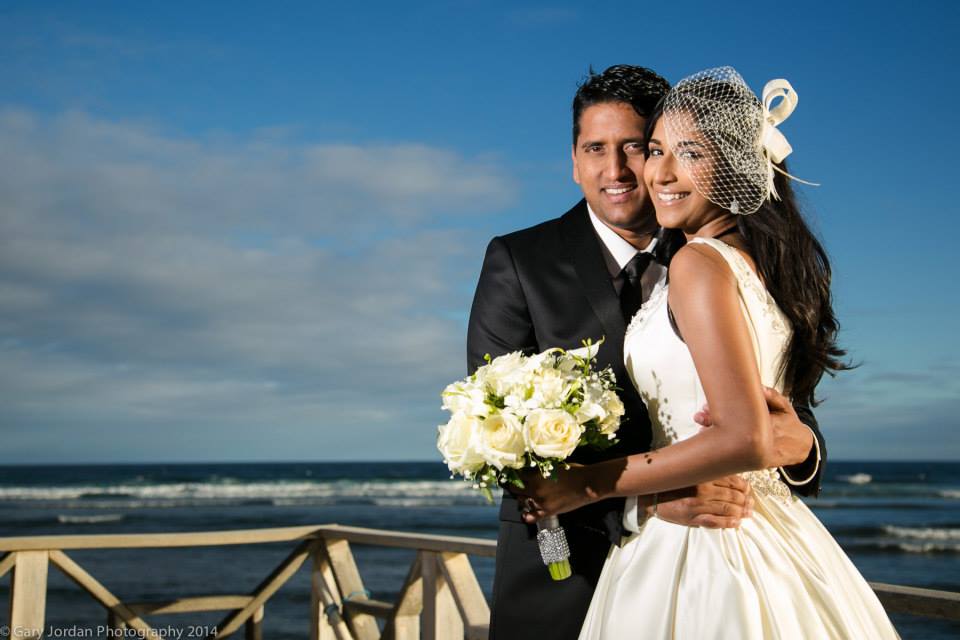For many brides and grooms to be, there is no better place to say ‘I do’ than on the shore of an amazing white sand, blue beach in the Caribbean. The warmth of the Caribbean, the relaxed vibe, the gentle sounds of the waves breaking on the shores, the friendly people, and the amazing sunsets all go together to create the perfect wedding scene. If you’re dreaming about walking down the aisle to the sweet sound of Trinbago steelpan or toasting in front of the romantic St Lucian’s Pitons, we’re here to give you everything you need to know:
Island Time
Many of the Caribbean islands do not allow legal ceremonies to take place after 6pm. When deciding on the time to start your ceremony, make sure to keep this in mind. Cater for any delays to the start time. Talk to your officiant before printing those invites.
Holidays and Events
Before deciding on a wedding date, research your destination’s public holidays and festivals. You’d realize that flights to Trinidad during the week leading up to Carnival tend to be more expensive. Or you may realize finding a hotel room during St Lucia’s Jazz Festival must be done way in advance. Perhaps road traffic for vehicles on Kadooment Day in Barbados needs to be considered, if choosing a separate ceremony and reception venue.
Know the Legalities
Birth certificates, passports, final divorce papers and any legal proof of name change are required for all countries. Some islands may also require additional documentation. Ensure that you keep documents safe when traveling with them and make copies before you leave home.
Before you book
Before booking your arrival flight to your destination, be sure to check with your planner on the residency requirements for that island. To get married in Trinidad and Tobago for example, you must be in Trinidad for three working days before the wedding date. In Bahamas, you can get married 24 hours after arriving.
Take a trip
We really cannot recommend this enough! Whether you are getting married at an all-inclusive resort or a quiet beach, plan a trip to your destination. During this time, scout your venue spaces, sample the cake, meet with vendors, and schedule make-up and hair trials. The cost is well worth the peace of mind you’ll get from meeting your vendors and seeing how the site works.
Cater for extra costs
When budgeting for your destination wedding, it’s easy to forget certain extra costs. A few of these include; the planning trip, excess baggage surcharges, shipping costs, phone bills, accommodation, and meals before the wedding.
Get it in writing
Not every vendor does formal contracts. For the vendors that don’t, draft a letter with details of what you have agreed on and have both the vendor and yourself sign on it. This avoids any unnecessary confusion and discrepancies on the day.
Share your information
Either via a wedding website or as an inclusion with your wedding invitation, make sure to keep your guests informed. Be clear about any optional pre- or post-wedding activity costs, airline information and hotel room block information. Also provide recommendations for taxi services, hairstylists, and restaurants in the area. Provide a point of contact for your guests – either a wedding planner, bridesmaid, or family member- to welcome guests, help coordinate activities, and answer any questions.
